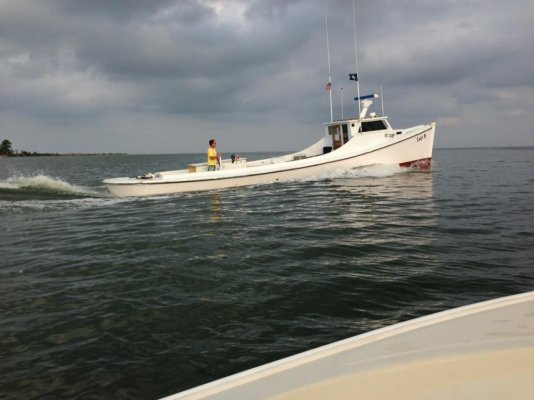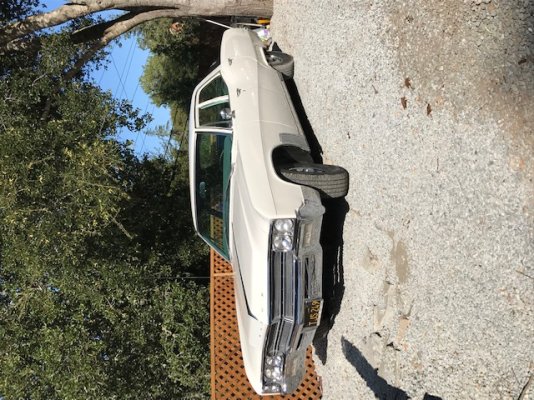Cleanslate
Veteran Member
- Joined
- Jan 15, 2022
- Messages
- 53
- Vessel Make
- Ocean Yachts 42 Sunliner
Just getting a Fiberglass boat doesn't mean you are in the clear with getting it insured . Most insurance companies are now prejudiced to "old fiberglass boats" regardless of the survey . If you are looking at a boat IMO twenty plus years or older, you are going to have a hard time getting it insured nowadays .
This also goes with some boat yards.
Get yourself some quotes ( if you can ) before you buy the boat!
This also goes with some boat yards.
Get yourself some quotes ( if you can ) before you buy the boat!
Last edited:




